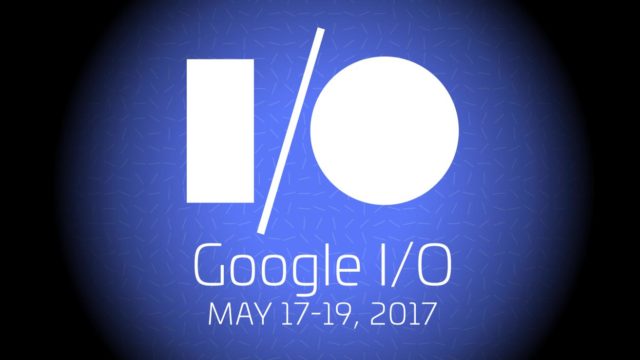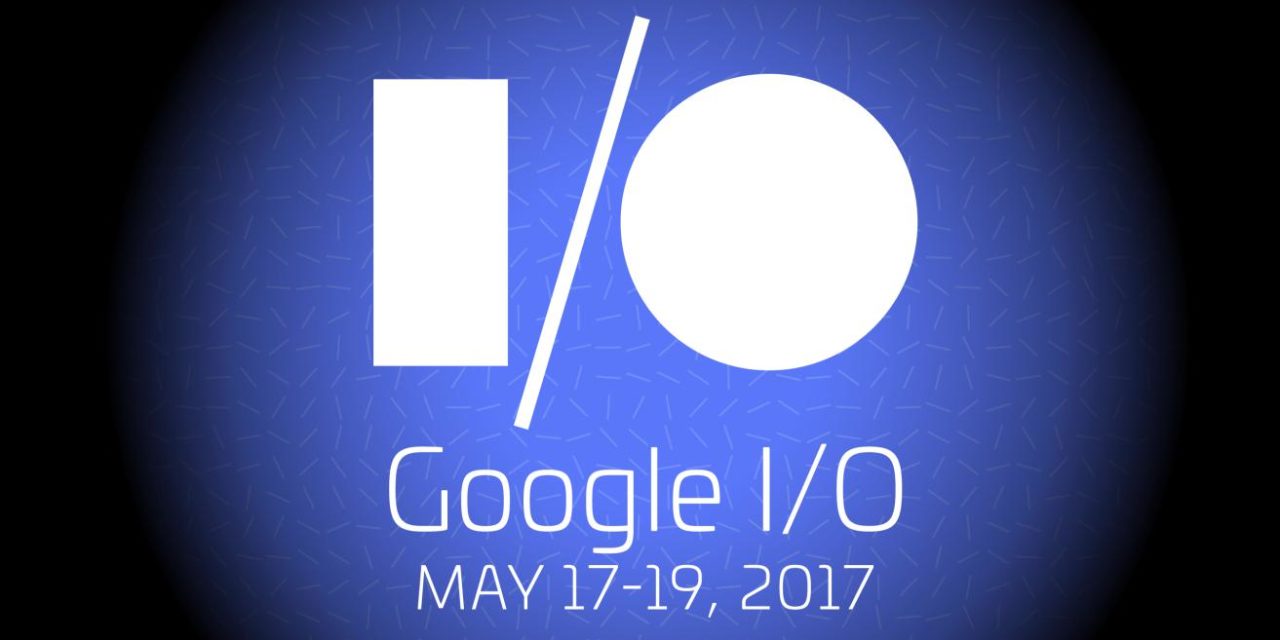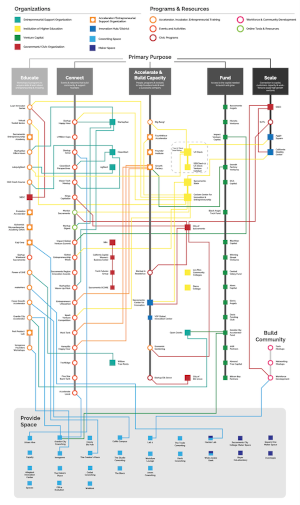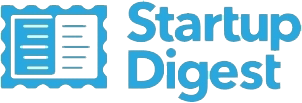
Google hosted their annual developer’s conference, Google I/O on May 17 in Mountain View, Ca. CEO Sundar Pichai broke down the latest insight on Google’s activity and how their focus will be further defined later on this year. Here are some of the highlights of the 2017 Google I/O Keynote:
2 Billion Active Android Users
Google’s Android OS continues to stake its claim in the tech industry with 2 billion active users and Pichai threw out even more impressive quantitative data; they have nearly 1 billion active users on Google Drive per month along with 500 million users on Google Photos accumulating 1.2 billion uploads on the daily.
Google Assistant & Google Home Updates
Google Assistant is now not just exclusive to Android but will be available on iOS as well. In addition, Google Home is allowing users to make phone calls directly from the device with a blocked number as default or your personal phone number. For now, they’re only allowing outgoing calls to prevent issues with privacy. But that’s not all, Home can now become a Bluetooth radio and interact with a plethora of apps like Hulu, HBO Now and Soundcloud. Lastly, its debuted “visual responses” can communicate with smartphones, smart TVs etc. enabling your requests to be displayed on preferred outputs.
The Google Lens Puts Life into Perspective
Now with the aid of your smartphone camera and the company’s own AI software, Google Lens, can more accurately perceive the environment around you. Their newly announced “Google Lens” interprets what is detected through their screen while connecting related information useful to its users. For instance, by scanning a Wi-Fi’s network login, Google Lens will automatically sync the data with your Android.
Android O Beta
Although this isn’t the official name of Android’s latest OS, they released the beta with previews of their newest features such as notification enhancements, pic-in-pic abilities etc. It’s recommended to try it out with a compatible Pixel or Nexus device.
Google’s TPU Chip
Acknowledging that AI is the future of Google’s innovation, their new Tensor Processing Unit could effectively merge AI and Cloud as one. This specially designed machine learning chip will operate with the TensorFlow platform in hopes of making Google the leader in AI-based hardware and software.
Android Go
This entry-level device is intended to close the gap between them and 1 billion more users. Google intends to offer more while still using less than 1GB of memory. Aimed at multilingual demographics with lower access to connectivity, Android Go wants to provide users with a quality smartphone experience free from limitations.
The full keynote can be viewed here.













